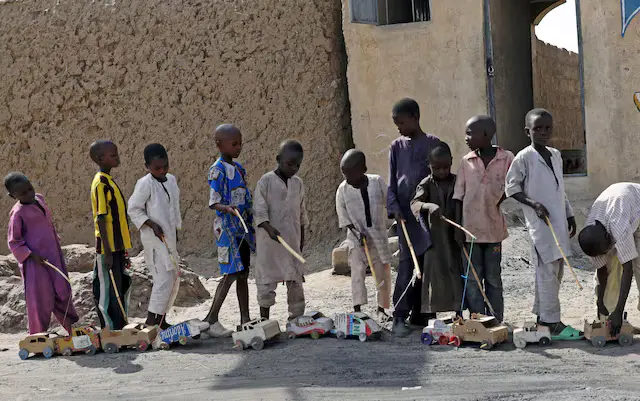The United Nations has issued a $910 million appeal to support humanitarian efforts for 3.6 million vulnerable individuals in Borno, Adamawa, and Yobe (BAY) states in Nigeria. The appeal, announced by the United Nations Office for the Coordination of Humanitarian Affairs (OCHA) on Thursday, aims to address the growing needs driven by conflict, climate shocks, and economic instability.
During the launch of the 2025 Nigeria Humanitarian Needs and Response Plan (HNRP) in Abuja, UN Resident and Humanitarian Coordinator Mohamed Malick Fall highlighted the severe challenges faced in the BAY states.
He noted that out of the estimated 7.8 million people requiring assistance in the region, 3.6 million are in critical need due to compounding crises such as flooding, disease outbreaks, food insecurity, and malnutrition.

Speaking at the event, Professor Nentawe Goshwe Yilwatda, Nigeria’s Minister of Humanitarian Affairs and Poverty Reduction, underscored the rising humanitarian needs in the northeast and other regions. He stressed the importance of integrating humanitarian aid with development and peacebuilding strategies to achieve sustainable solutions.
Yilwatda revealed initiatives to develop 10,000 hectares of land nationwide to provide durable solutions for internally displaced persons (IDPs). The 2025 HNRP prioritises support for women, widows, breastfeeding mothers, pregnant women, and persons with disabilities, ensuring no one is left behind in IDP camps.
The minister also affirmed the ministry’s commitment to coordinating with international and local organizations to avoid duplication of efforts and optimize resource distribution.
Governors Babagana Zulum (Borno), Ahmadu Umaru Fintiri (Adamawa), and Mai Mala Buni (Yobe) pledged to collaborate with the UN and other stakeholders to address urgent humanitarian needs while fostering long-term development.
With global funding for humanitarian efforts in decline, the 2025 HNRP focuses on maximizing efficiency in aid delivery. Key strategies include anticipatory actions to prevent disasters, increased funding for local partners, and scaling up multipurpose cash assistance. The plan also aims to enhance community resilience, gradually reducing dependence on aid.
The BAY states face alarming levels of food insecurity and malnutrition, with 5.1 million people expected to experience acute food shortages in 2025. Across Nigeria, 33 million people are projected to face severe food insecurity during the lean season, with children particularly at risk of malnutrition.
UN Coordinator Malick Fall urged donors and the Nigerian government to act swiftly, stating, “Timely intervention can save millions of lives and help communities withstand the shocks of food insecurity and other crises.”


